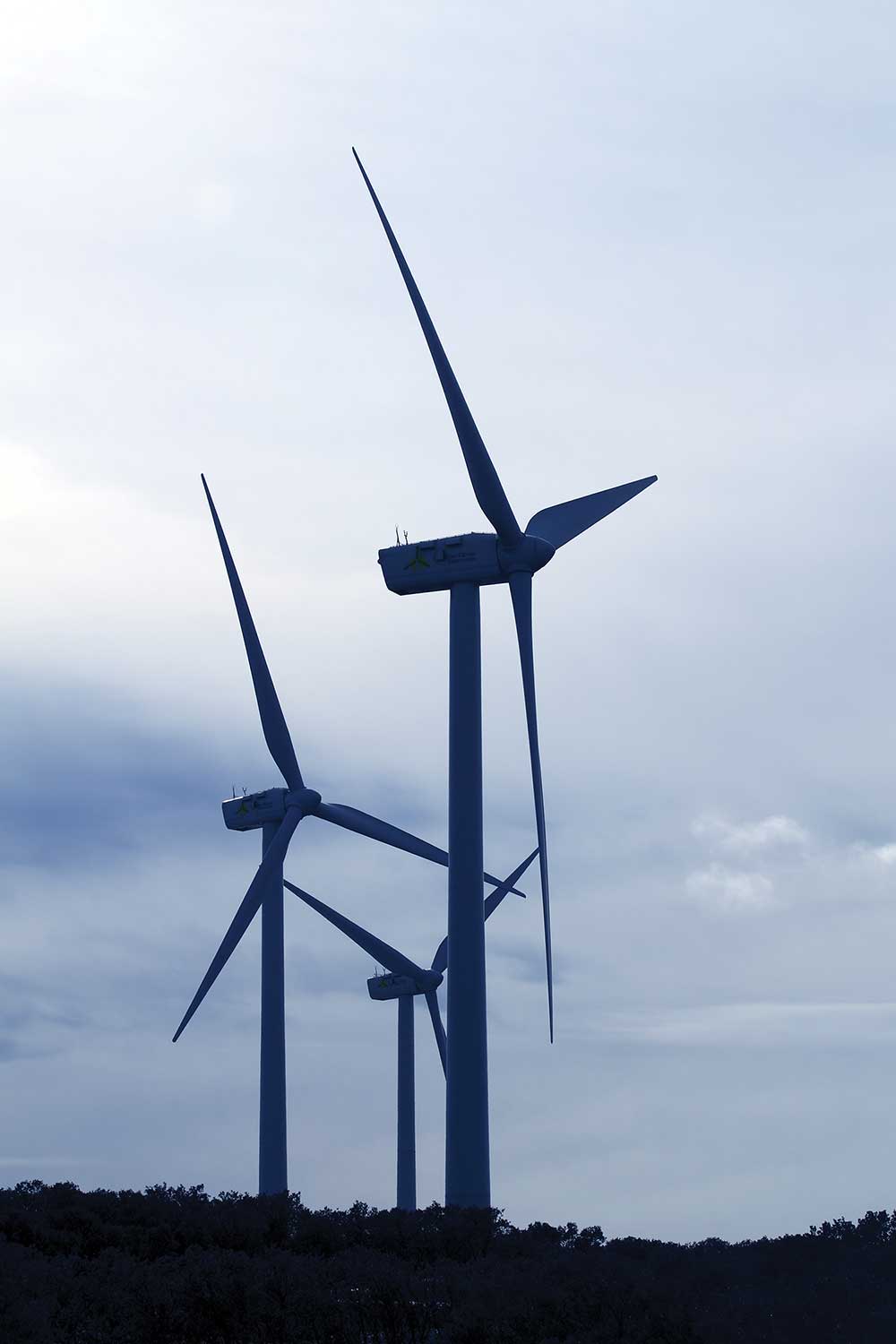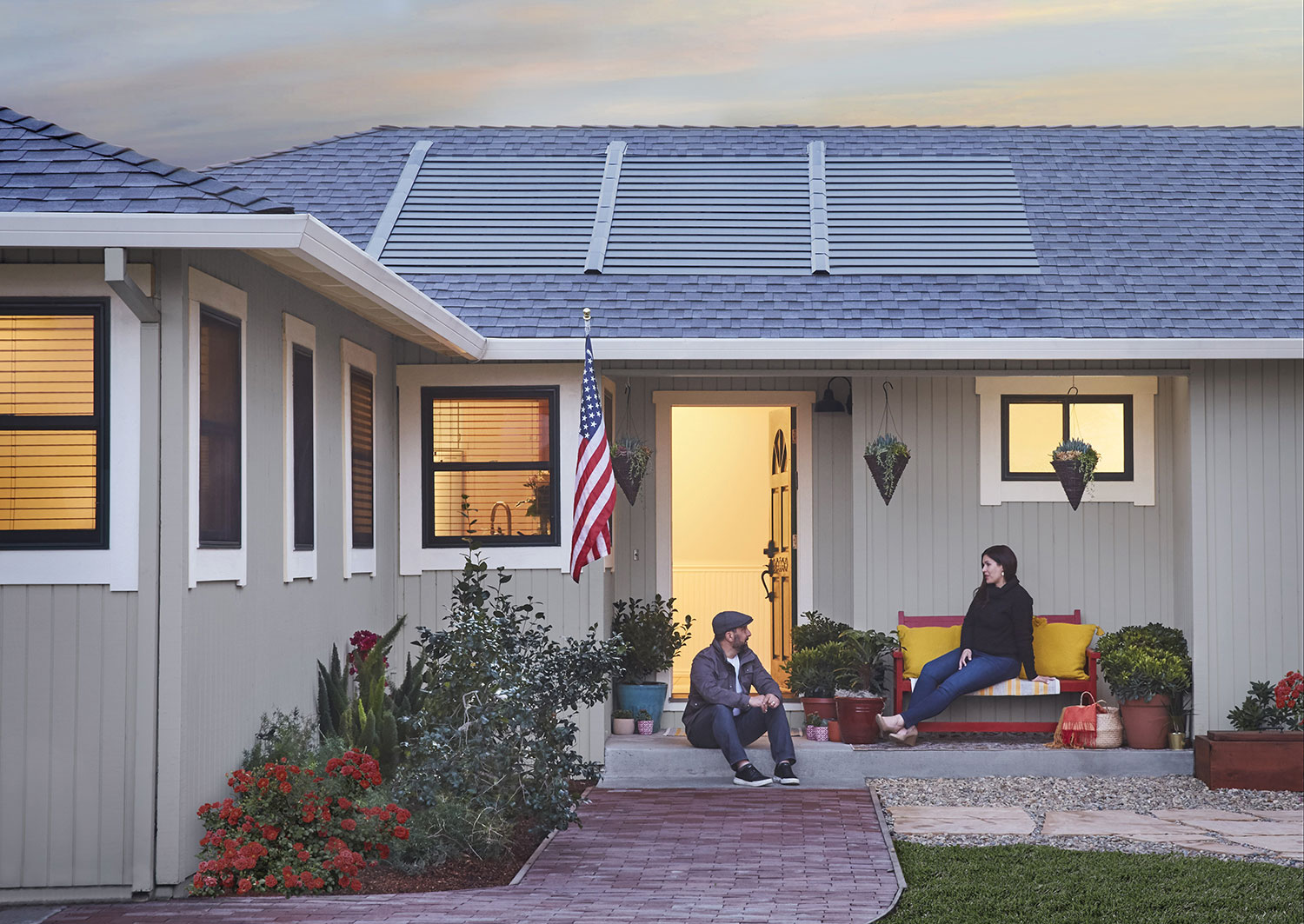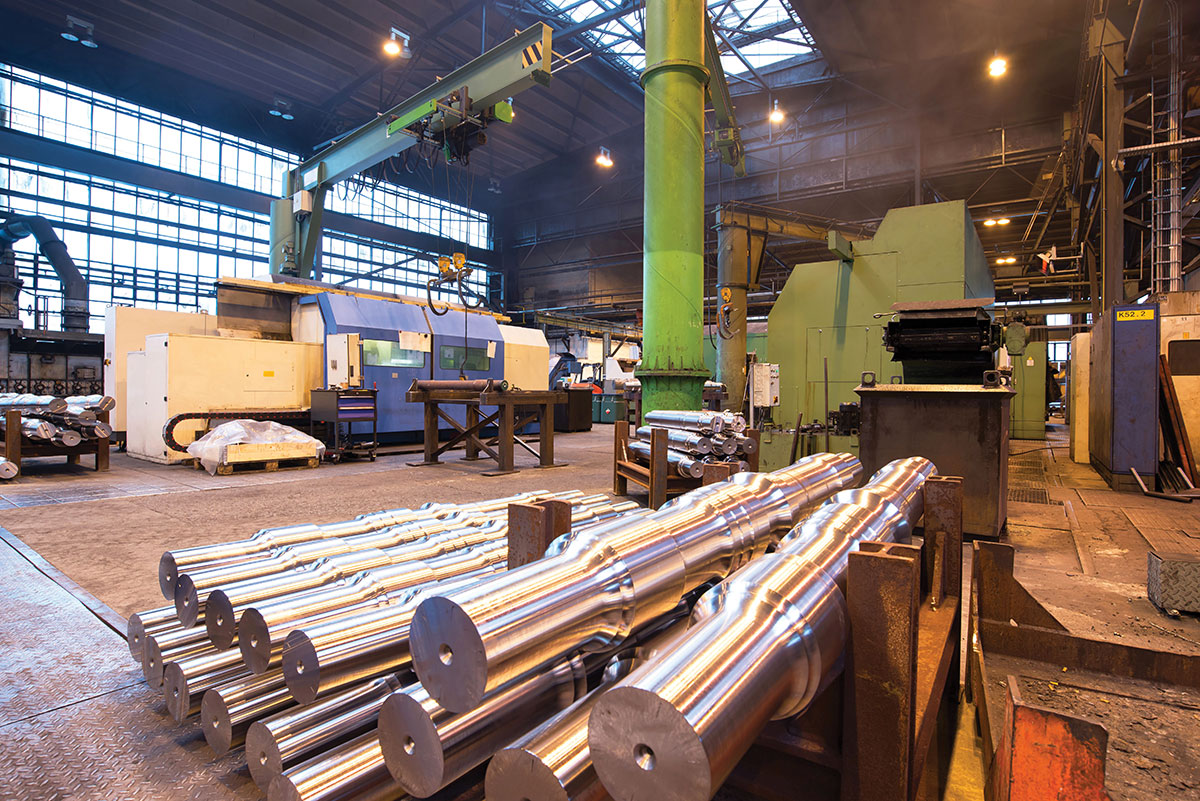The electric utility industry traces its roots to the launch of the world’s first centralized power plant in 1882, which utilized centralized electricity generation and distribution systems. While the centralized power plant model became the dominant electricity delivery model and has served the world well for nearly 140 years, it is changing as the utility industry and the entire energy production, transmission, and distribution system undergo a fundamental transformation.
The emphasis is now shifting toward a more decentralized energy infrastructure, where a mix of dispersed and low-carbon, renewable energy sources such as solar, wind, geothermal, fuel cell, and battery installations – collectively called Distributed Energy Resources (DER)—are integrated with the large, centralized power plants in the power grid.
In terms of goals for the deployment of these renewable energies and DERs, the U.S. Department of Energy has recently released its Solar Futures study that lays out massive decarbonization scenarios for the United States. And even beyond the U.S., countries throughout the world are adopting similar aggressive targets to decarbonize their electric production systems as well as their broader energy production and consumption sectors. To realize these targets, DER technology will need to be widely deployed, which will rely upon a core set of technology standards and requirements, such as those produced by the IEEE.
The growing acceptance and enthusiasm for DER technologies mean there is also a growing need for information on how to plan for, select, install, connect, and use these systems effectively and safely. IEEE SA offers the IEEE Distributed Energy Resources (DER) Standards Collection, featuring core IEEE standards that will be pivotal to the energy sector’s transformation using DERs. The standards collection helps users advance their adoption and use of DERs both for their own benefit and also for society as a whole.
Featured below are examples of important standards from the current version of the DER Standards Collection. It is expected that additional standards will be added to this collection as they are formally approved and as the industry identifies new areas for standardization within the overall energy transformation activity.
Within the IEEE 1547™ Series, which includes standards and iterations that specify how to connect DERs with electrical power systems, a prominent standard is IEEE 1547.1™-2020. It specifies the periodic tests and evaluations that must be performed to confirm that the interconnection/interoperation functions of equipment and systems interconnecting distributed energy resources with the electric power system conform to IEEE 1547.
Additional standards or implementation guides related to DER currently under development include notable examples such as IEEE P1547.3™. This standard provides a guide for the Cybersecurity of Distributed Energy Resources Interconnected with Electric Power Systems.
Additionally, the IEEE 2030™ Series discusses the so-called Smart Grid that encompasses the integration of power and communications and information technologies for an improved electric power infrastructure that serves load while providing for the ongoing evolution of end-use applications. In particular, the definition of communication protocols and their operation between DERs and elements of the Smart Grid will be critical to the widespread deployment success of DER infrastructure. An important standard of this series is IEEE 2030.5™-2018, which defines a communication protocol that has been instrumental in enabling communication between DERs and associated DER management systems and is being looked at for establishing vehicle-to-grid energy-transfer protocols.
Furthermore, the contents of the IEEE Distributed Energy Resources (DER) Standards Collection will evolve in step with the development of new IEEE standards and tools. Many standards development projects are underway to complement the broader DER landscape and close the gaps in the industry and consumer needs. One such example is IEEE P2418.5™ – Standard for Blockchain in Energy. This standard will provide an open, common, and interoperable reference framework model for distributed ledger technology, such as blockchain, in the energy sector. This transactional energy model is expected to be essential for the trading of and payment for energy between DERs and the electric utilities in the larger electric grid.
As seen in the examples above, as the energy sector continues to transform, it will be increasingly important for uniform standards such the IEEE Distributed Energy Resources (DER) Standards Collection to be adopted in order to help industry leaders advance their use of DERs both for their own benefit and also for society as a whole.











Find Us on Socials